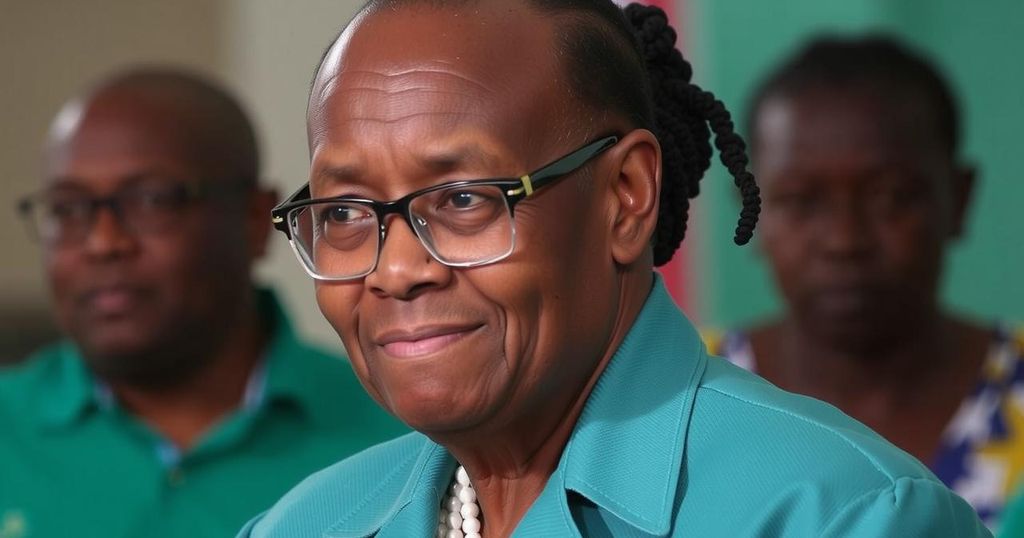Mozambique’s Political Turmoil: Challenges Faced by President-Elect Chapo
Mozambique’s recent elections resulted in Daniel Chapo’s controversial victory, sparking public protests led by opposition supporters who claim the elections were rigged. Chapo plans to initiate dialogue and reconciliation post-inauguration, but faces an uphill battle to stabilize the political environment amid fears of infighting within his own party.
Daniel Chapo, the recently elected President of Mozambique, confronts significant challenges in addressing the ongoing post-election crisis that has emerged following the highly contested general elections held on October 9. Officially confirmed as the victor by the Constitutional Council on December 23, Chapo now must navigate a volatile political landscape influenced by increased public unrest led by opposition supporters. Despite his intentions to foster reconciliation and dialogue following his inauguration on January 15, the political climate remains fraught, requiring him to negotiate carefully with opposition leader Venancio Mondlane while also avoiding potential fractures within his own party, Frelimo.
The unfolding situation in Mozambique is characterized by deep-seated tension and uncertainty, primarily stemming from allegations of electoral malpractice. The opposition, spearheaded by Venancio Mondlane, maintains that the recent elections were marred by significant irregularities, a sentiment echoed by numerous Western observers. As solidarity among Mondlane’s supporters strengthens, protests have escalated post-election, posing a substantial risk to both Chapo’s administration and the overall stability of the nation.
In light of these developments, President Chapo’s tenure is poised to be defined by his ability to forge a viable compromise with the opposition. Economic stability and regional trade depend heavily on such diplomatic engagements. However, any concessions made by Chapo could provoke dissent within Frelimo, jeopardizing party unity in favor of broader national reconciliation. This precarious balance underscores the complexity of Mozambique’s current political crisis and the challenging road that lies ahead for Chapo as he seeks to stabilize his government and restore confidence among the electorate.
Chapo’s proposed dialogue initiative, announced after his election, reflects a desire to avert further unrest but simultaneously underscores the obstacles posed by a divided public and polarized political environment. The imminent threat of relentless protests underscores the urgency for immediate and effective governance, which remains to be seen in the coming months.
Mozambique is experiencing a critical phase in its political landscape following the controversial presidential elections held in October 2023, where incumbent President Daniel Chapo of the ruling Frelimo party faced off against opposition leader Venancio Mondlane. The elections have been characterized by widespread allegations of fraud and manipulation, leading to significant unrest and public demonstrations that reflect increasing dissatisfaction among opposition supporters. As the newly elected leader, Chapo is now required to navigate a complex political terrain marked by calls for accountability and the pressing need for reconciliation amid a divided electorate and party unrest.
In conclusion, President-elect Daniel Chapo’s ability to address Mozambique’s post-election crisis is crucial for the country’s stability moving forward. As public protests and allegations of electoral fraud create a challenging political environment, effective negotiation with opposition leader Venancio Mondlane and maintaining unity within Frelimo will be imperative. The next few months will be pivotal in determining whether Chapo can successfully implement a dialogue initiative that fosters reconciliation and mitigates ongoing unrest, ensuring a sustainable path towards economic and political recovery.
Original Source: worldview.stratfor.com




Post Comment